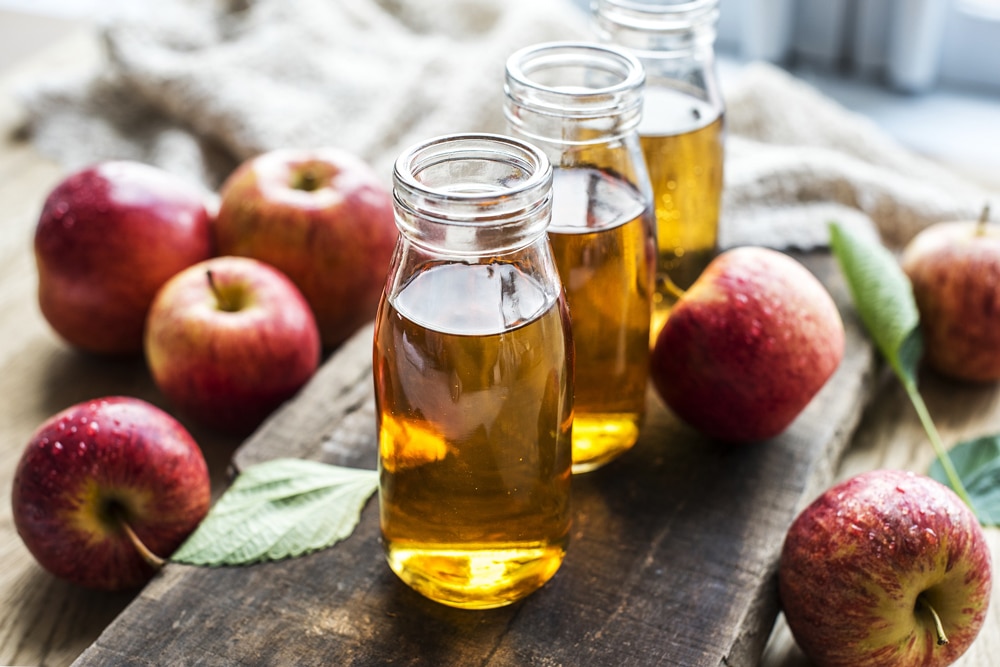
How to sound like a cider expert.
Photo Credit : PixabayFrom colonial times up to the early 20th century, if you asked for “apple cider” you meant “hard cider,” the alcoholic version, which for decades was the most common beverage in New England. “Cheap and easy to produce … the fermented, sometimes fizzy, juice was more popular than ale, kept longer than milk, and in many places was safer to drink than water,” Yankee once noted.
Thanks to the temperance movement and advances in refrigeration technology, the roles were eventually reversed: Sweet cider became the popular version in the U.S., while hard cider became a specialty item. But craft cideries such as New Hampshire’s Farnum Hill and Shacksbury in Vermont are increasingly reviving this traditional tipple—so why not brush up on a few terms from cider’s heyday?
Apple brandy:Distilled apple cider, with the French Calvados being the best-known example; often used interchangeably with the term applejack.
Applejack: Also called cider oil; often used interchangeably with apple brandy. Originally, applejack referred to the strong drink now known as frozen heart or hollow heart, made by freezing hard cider so that the water is gradually removed and an apple-flavored alcohol remains (the chemical process is called fractional crystallization).
Cider: Originally used to mean a hard, alcoholic drink made from fermenting the juice pressed from apples; in England, hard cider is redundant. Sweet cider refers to unfermented cider.
New England–style cider: A strong hard cider made with a variety of sugars, spices, and raisins.
Scrumpy:A slang term for particularly powerful hard cider; also refers to hard cider to which beefsteak or other meats have been added for flavor.
Stone wall: Hard cider or applejack mixed with rum and spices, and sometimes brown sugar; prescribed for dispelling chills and restoring energy.
—Adapted from “In Search of the Perfect Cider” by Kathy Neustadt with Steven Latorre, October 1996


